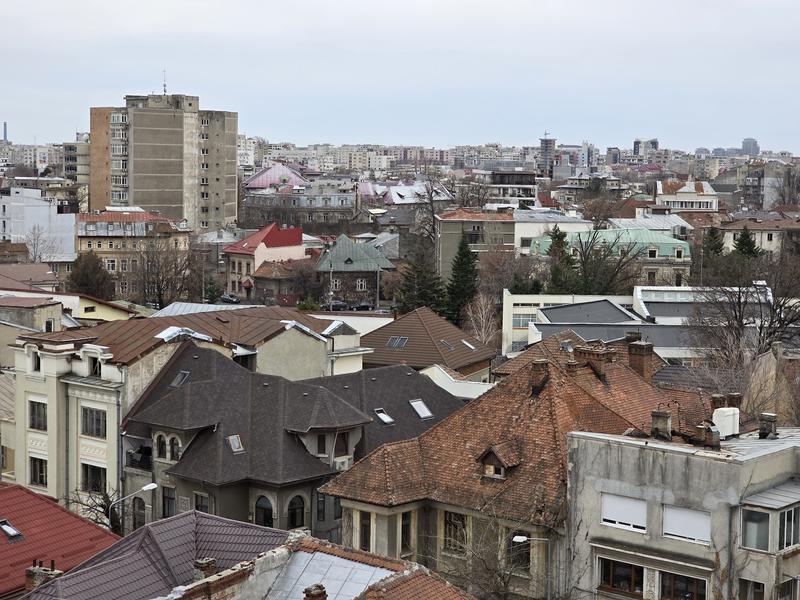The EU has banned all bird and poultry products from Romania after tests confirmed the presence of a strain of bird flu there.
Duck samples tested positive for the H5 virus, contradicting earlier findings.
But there is no evidence yet that the strain is the serious H5N1 variety, which has killed 60 people in Asia. Further tests will be carried out.
It is, however, the first time bird flu has been found in Europe since a deadly outbreak of H5N1 hit Asia in 2004.
"We eventually isolated the avian flu virus in the samples taken from the three ducks" found dead in a farmyard in the Danube delta, said Romania's chief veterinarian Ion Agafitei.
We hope it's a low intensity virus. We are continuing measures to isolate the affected area
Gheorghe Flutur
Romanian Agriculture Minister
The European Union confirmed the result, and its health officials planned to hold emergency meetings on Thursday to discuss the findings.
The EU said it would ban imports of live birds and poultry products from Romania, where thousands of birds have already been culled.
Only on Wednesday an EU spokesman had said: "All the virological tests carried out to date in Romania have failed to identify the presence of the avian influenza virus. Every day that passes... reassures us that avian influenza is not in fact present in Romania."
The EU has also banned live birds and feathers from Turkey, after the virus was discovered there. It announced on Wednesday the ban would be extended until April.
In Romania and Turkey scientists have detected the H5 virus, though in both countries they said further tests were required to determine whether it was H5N1.
Blockade
Although in Asia humans have contracted the virus from birds, there have been no signs of it spreading between people.
However, the World Health Organization has raised fears that if it mutates into a form that spreads easily from person to person, it could trigger a deadly global pandemic.
"We hope it's a low intensity virus," said Romanian Agriculture Minister Gheorghe Flutur. "We are continuing measures to isolate the affected area."
A blockade has been put up around Ceamurlia de Jos village, where the dead fowl were found, with only officials allowed in and out.
Some 3,000 poultry in the area have already been culled, the village's mayor said, with thousands more to be culled on Thursday.
Meanwhile, the Romanian authorities said samples from the three dead ducks would be sent to a British laboratory for final analysis.
Tests are also being conducted on three dead wild birds found in Bulgaria.
European officials say they are confident that with proper surveillance and control, outbreaks in Europe can be contained.




















